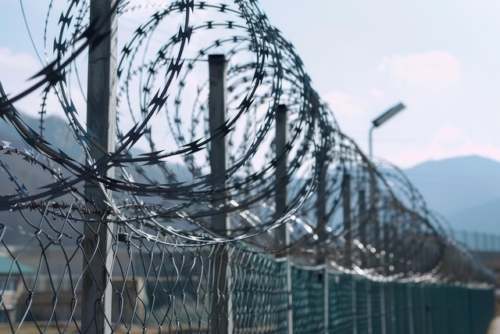
The defendant, registered as a person living with HIV in November 2024 was formally notified of their legal obligations under Uzbek law, which included disclosing HIV-positive status to sexual partners.
In January 2025, while intoxicated, the defendant engaged in sexual intercourse with an acquaintance without disclosing HIV-positive status and without protection. The defendant admitted during trial having concealed their status because they were under the influence of alcohol and did not want to disclose it.
His partner testified that they had known the defendant socially for several years. On the evening in question, after drinking together, they agreed to have sexual intercourse. The victim stated they were unaware of the defendant’s HIV status.
Additional witnesses confirmed the defendant’s HIV diagnosis, repeated issues with alcohol abuse, prior administrative penalties for disorderly conduct, and neglect of parental responsibilities. Witnesses also testified that the defendant had previously been warned about the risk of criminal liability if they failed to comply with obligations related to their HIV status.
The case was heard before the Angren City Criminal Court on July 3, 2025. The defendant admitted guilt, expressed remorse, and requested leniency, citing care responsibilities for a minor child. The prosecution presented medical records, registration documents, witness testimony, and the defendant’s own admissions as evidence.
The alleged victim did not file a claim for damages and expressed no demands against the defendant.
The court determined that the defendant had knowingly placed another person at risk of HIV infection in violation of Article 113, Part 4 of the Criminal Code of the Republic of Uzbekistan. After considering both aggravating and mitigating factors, the court revoked the defendant’s previous precautionary measure of “good behaviour” and ordered immediate custody. The defendant was sentenced to two years of imprisonment in a general regime colony, with the sentence starting from July 3, 2025.
Custody of the defendant’s minor child was transferred to the National Commission for Children’s Affairs to determine guardianship.
The defendant retains the right to appeal within ten days of the verdict.



